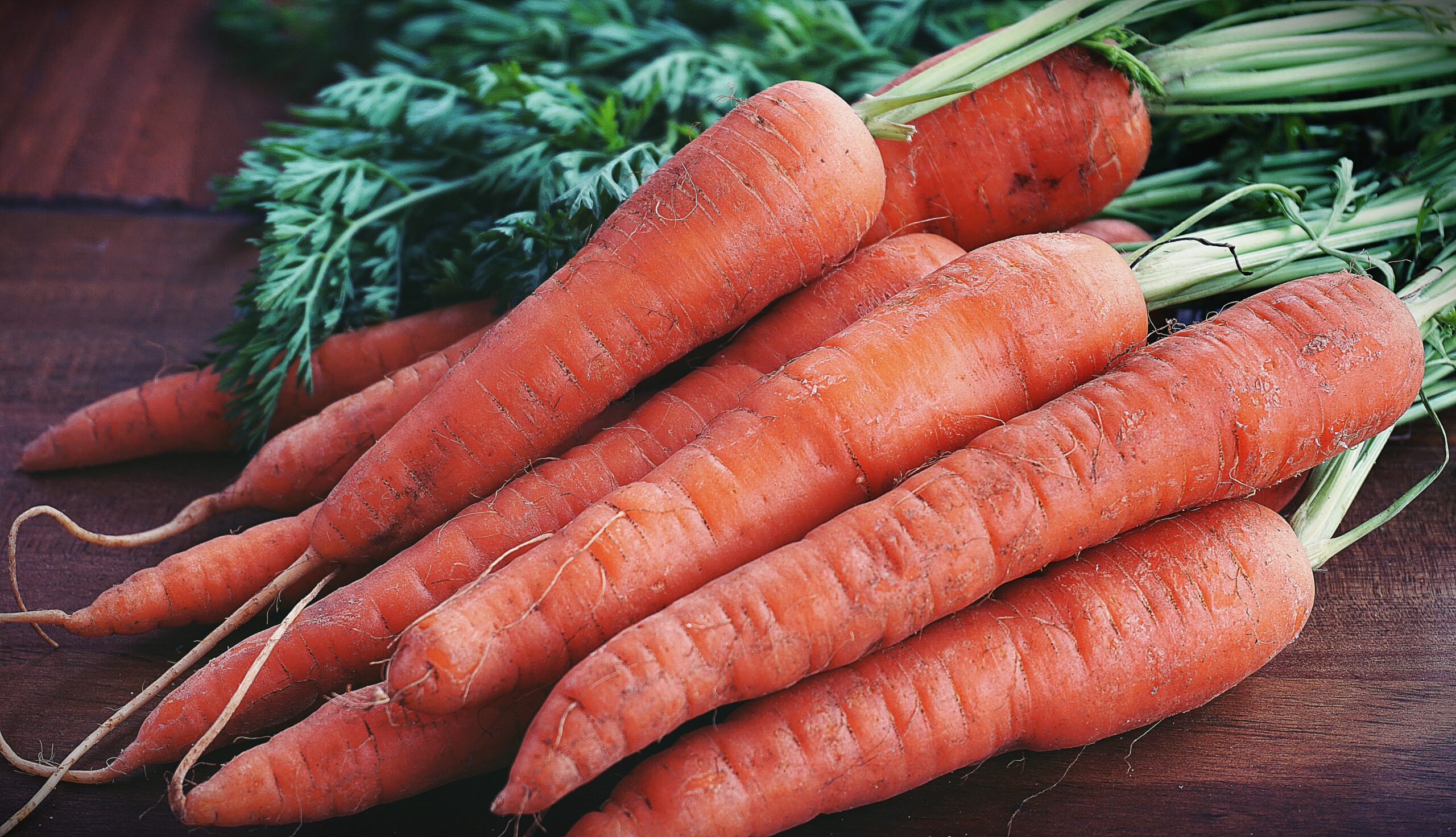Hey there, it’s your pal Jack again. I’m back with another tale from the world of horse ownership, and this one’s a doozy.
You know how it goes: you’re out for a ride and your horse starts acting a little…off. They’re not their usual self, and you start to get worried.
Could it be colic?
Colic, for those who don’t know, is abdominal pain in horses. It can range from mild discomfort to severe, and in extreme cases, it can be life-threatening.
As a horse owner, it’s something you always have to be on the lookout for.
One question that often comes up when it comes to colic is: can carrots give horses colic? Let’s dive in and find out.
Table of Contents
The Lowdown on Carrots
Carrots are a popular treat for horses, and for good reason. They’re high in fiber and low in sugar, making them a healthy choice for most horses.
However, like any treat, it’s important to feed them in moderation.
So, what does this have to do with colic? Well, colic can be caused by a variety of factors, including diet. Let’s take a closer look at how carrots might play a role.
Carrots and Colic: The Connection
While carrots are generally considered a safe and healthy treat for horses, it’s possible that overfeeding them could lead to digestive issues.
This is because carrots are high in fiber, which can lead to an excess of gas in the digestive system if consumed in large quantities.
However, it’s important to note that colic can also be caused by other factors, such as parasites, dehydration, or stress.
How to Tell if Your Horse has Colic
So, how can you tell if your horse has colic? Here are a few common signs to look out for:
- Restlessness: Your horse may pace, paw at the ground, or roll around.
- Lack of appetite: They may refuse to eat or drink.
- Depression: They may seem lethargic or disinterested in their surroundings.
- Abdominal pain: They may exhibit signs of discomfort, such as looking at their side or kicking at their belly.
- Changes in bowel movements: They may have diarrhea, constipation, or no bowel movements at all.
It’s important to note that these symptoms can also be indicative of other types of colic or health issues, so it’s always best to consult with a veterinarian if you have any concerns.
FAQs
Is it safe to give my horse carrots?
Carrots are generally considered a safe and healthy treat for horses. However, it’s important to feed them in moderation and to consider any other health issues your horse may have.
Consult with a veterinarian for guidance.
What if my horse has colic?
If you suspect your horse has colic, it’s important to act fast. Contact your veterinarian for guidance, and follow their recommendations for treatment.
This may include administering pain medication and providing supportive care, such as fluids.
How can I prevent colic in the future?
To prevent colic in the future, it’s important to pay attention to your horse’s diet, hydration, and overall health.
Consult with a veterinarian for guidance and follow their recommendations for deworming and other preventative measures.
Carrots and Colic: A Horse of a Different Color
So there you have it, folks! Carrots can be a healthy treat for horses, but it’s important to feed them in moderation.
If you have any concerns about your horse’s health, don’t hesitate to consult with a veterinarian.
As always, it’s important to pay attention to your horse’s health and to consult with a veterinarian if you have any concerns. And remember: a happy horse means a happy owner. Or at least, that’s what I’m told.
In conclusion, while carrots are generally safe to feed to horses, it’s important to pay attention to your horse’s diet and to consult with a veterinarian if you have any concerns.
Colic can be caused by a variety of factors, including diet, so it’s always best to be cautious and to seek professional guidance if needed.
So, the next time you’re thinking about treating your horse to some tasty carrots, remember to do it in moderation.
And if you have any doubts, don’t be afraid to ask a pro for some advice. After all, it’s better to be safe than sorry when it comes to the health of our four-legged friends.
